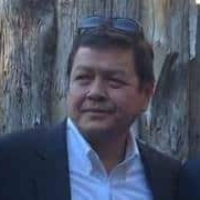Diamond Springs Misdemeanor Lawyer, California
Richard Thomas Dudek
✓ VERIFIEDCriminal, Felony, Misdemeanor, White Collar Crime, DUI-DWI
Certified Criminal Law Specialist
Richard Dudek knows the Sacramento courts, procedures and prosecutors. Our highly skilled defense team includes licensed private investigators who use... (more)
Danielle Nichol Nygren
Domestic Violence & Neglect, Misdemeanor, Felony, Criminal
Status: In Good Standing
Stephen Lee Ramazzini
Landlord-Tenant, Employee Rights, Child Support, Misdemeanor
Status: In Good Standing
Sage BlackOwl
Criminal, DUI-DWI, Felony, Misdemeanor, White Collar Crime
Status: In Good Standing Licensed: 10 Years
FREE CONSULTATION
CONTACTFREE CONSULTATION
CONTACTMichael Weisberg
Criminal, DUI-DWI, Misdemeanor, Felony, Traffic
Status: In Good Standing Licensed: 48 Years
Tiffani Suzanne Sharp
Immigration, Medicare & Medicaid, Misdemeanor
Status: In Good Standing Licensed: 22 Years


